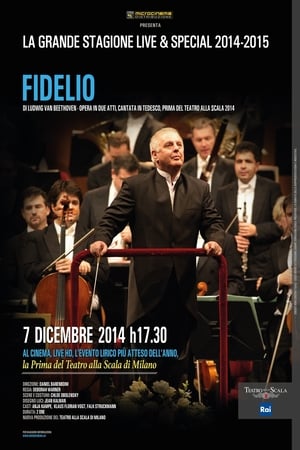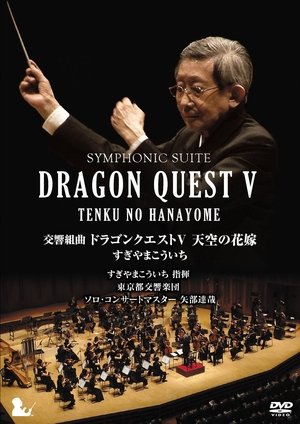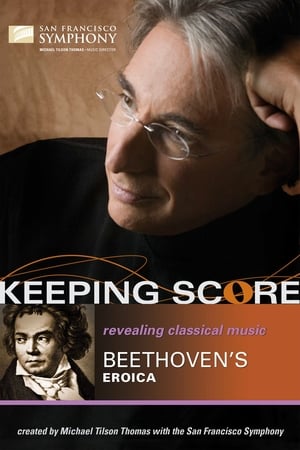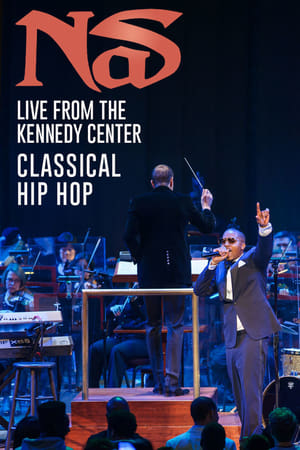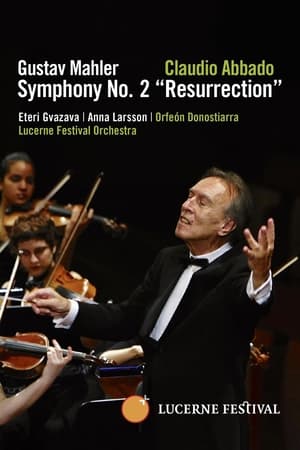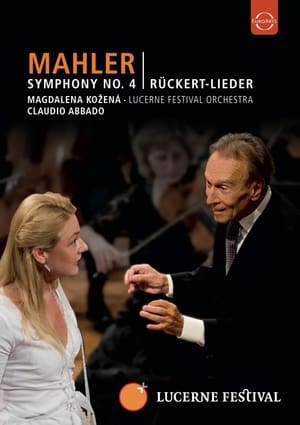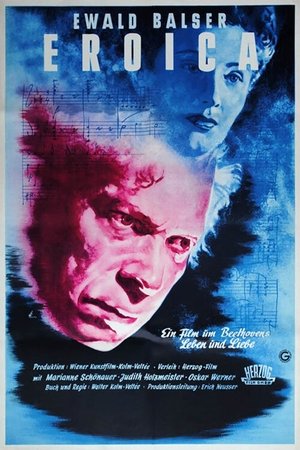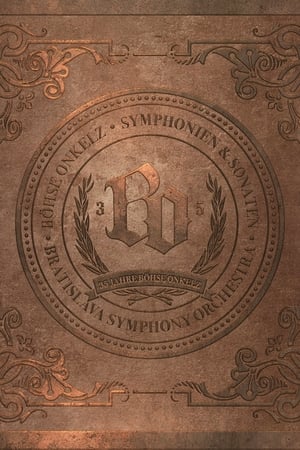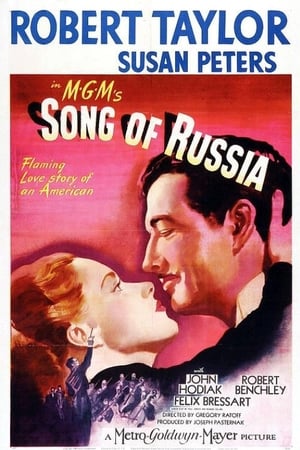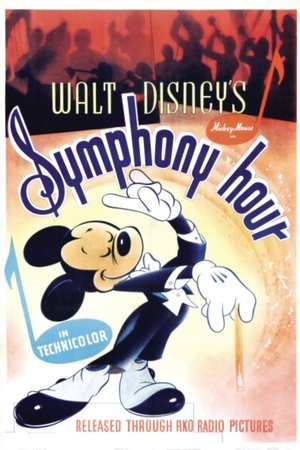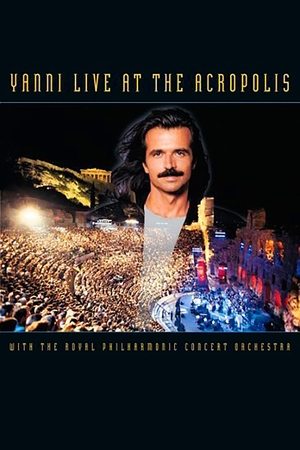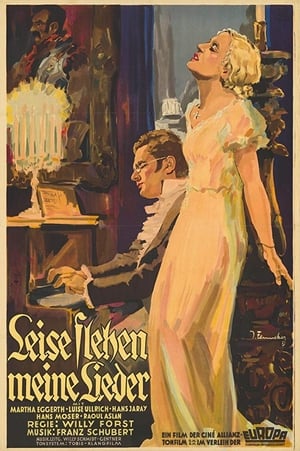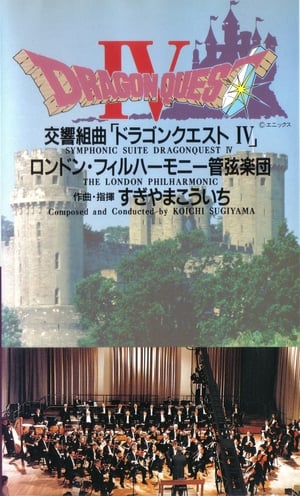Overview
Dutch conductor Bernard Haitink and the Berliner Philharmoniker meet at this year’s Easter Festival in Baden-Baden. Haitink is regarded as an authority, especially on the music of Beethoven. In this production he conducts Beethoven’s Symphony No. 6, the “Pastoral”. For the Violin Concerto multi-awarded Isabelle Faust is taken to the stage with him. Since her recordings with Claudio Abbado, she is the first choice when it comes to this masterpiece. This release has been chosen for the longlist of the renowned German award 'Preis der deutschen Schallplattenkritik'.

 90 min
90 min
 0
0
 2016
2016
 Germany
Germany
